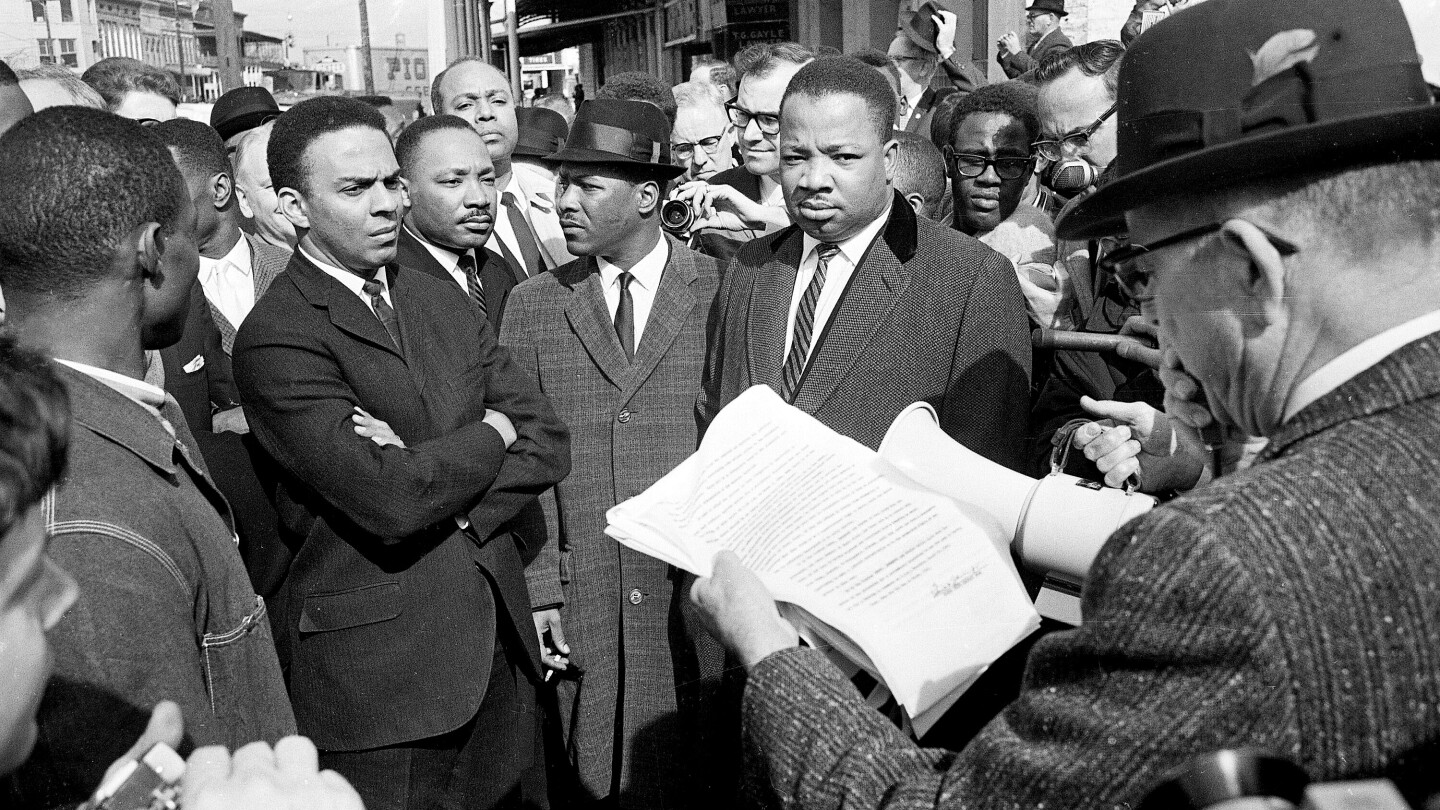Home / Arts and Entertainment / Civil Rights Icon Reflects on "Dirty Work" Behind the Scenes
Civil Rights Icon Reflects on "Dirty Work" Behind the Scenes
15 Oct
Summary
- Andrew Young, former UN ambassador, describes his "dirty work" during civil rights movement
- Young played crucial behind-the-scenes role supporting Martin Luther King Jr.'s campaigns
- Young's reflections featured in new MSNBC documentary premiering on October 15, 2025

As the civil rights movement led by Martin Luther King Jr. gained momentum in the 1960s, a young Andrew Young was often responsible for the "dirty work" behind the scenes. Now 93 years old, Young is sharing his story in a new MSNBC documentary premiering on October 15, 2025.
Young, a recent college graduate at the time, felt a calling to join King's cause. While others marched, Young's role was to meet with local clergy, business leaders, and others to prepare the way for King's campaigns. He would explain the movement's goals, even if the community members disagreed. This advance work was crucial, but often went unnoticed.
Young's experiences provide a unique perspective on the civil rights struggle. He recalls narrowly avoiding a confrontation with the Ku Klux Klan in St. Augustine, Florida, in 1964, only to be beaten up himself. The public outrage over the attack ultimately helped push the Civil Rights Act through Congress.
After King's assassination in 1968, Young's profile grew as he ran for Congress and later served as UN ambassador and mayor of Atlanta. But he never forgot the importance of the behind-the-scenes work that kept the movement going. As the civil rights generation dwindles, Young's reflections offer a valuable lesson on the sacrifices and determination that fueled one of America's most transformative social movements.




